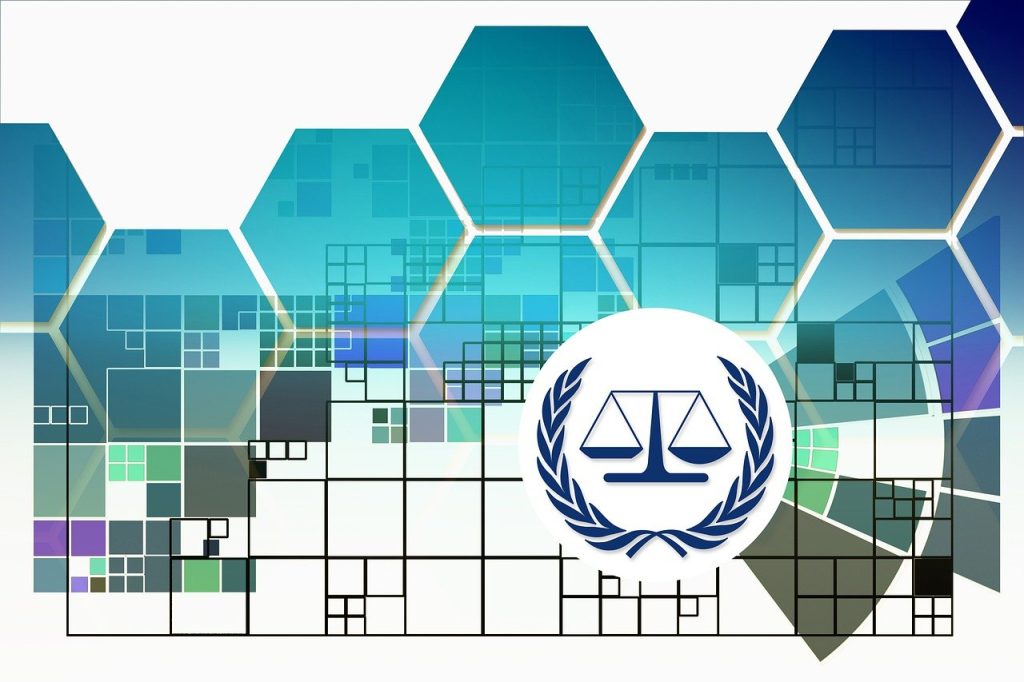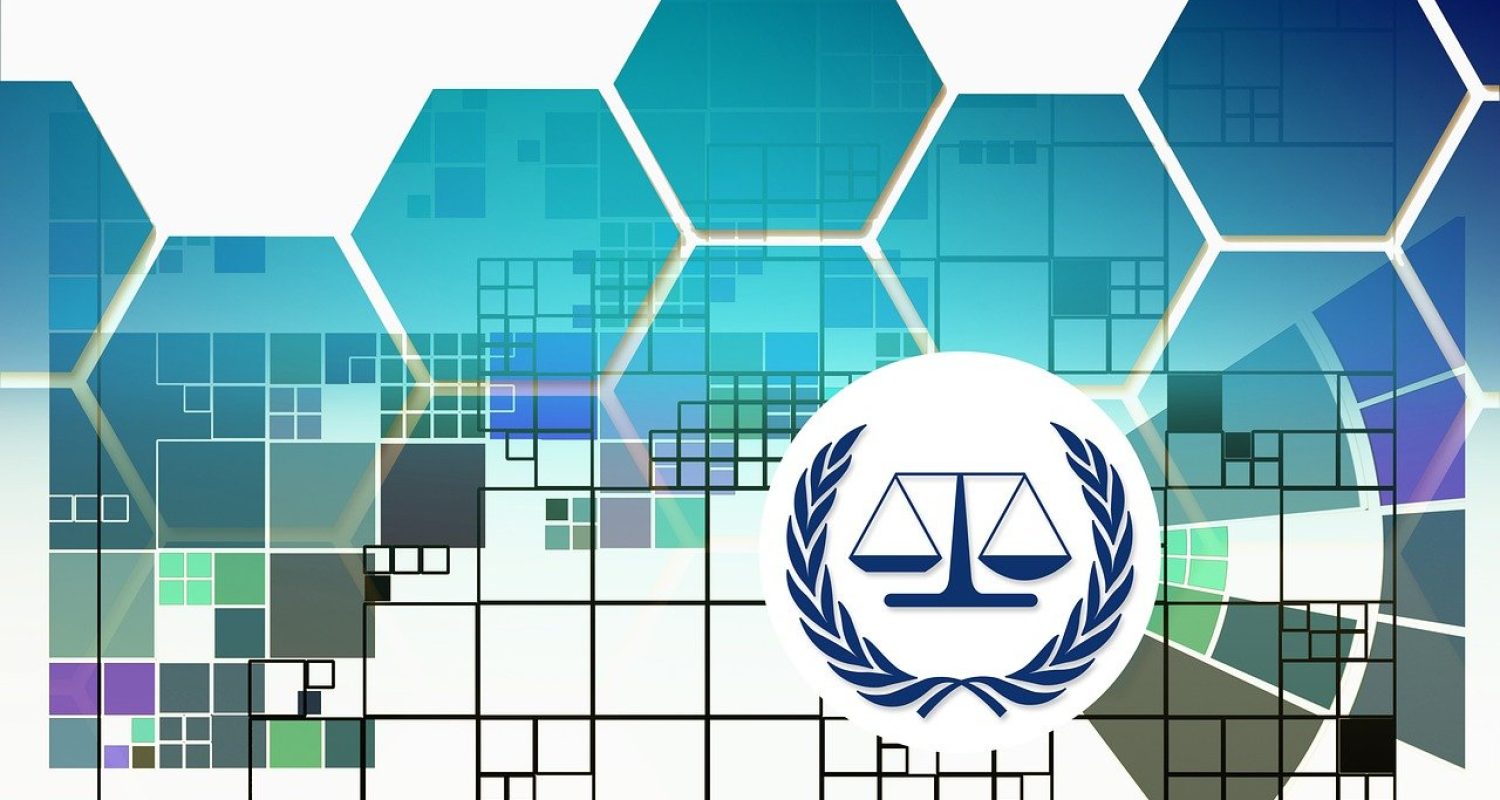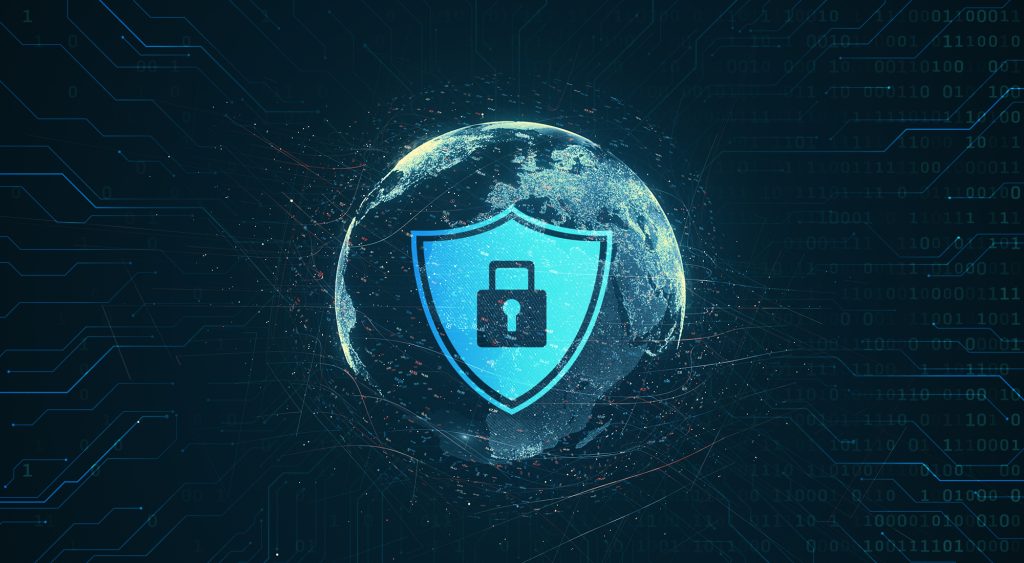
In today’s digital era, cybersecurity and cyber law have become indispensable pillars of the modern technological landscape. As businesses and individuals increasingly move their operations online, the need to secure digital assets and comply with legal regulations grows more urgent. The intersection of cybersecurity and cyber law provides a dynamic, multifaceted industry filled with career opportunities, but it can be a complex field to navigate. For those looking to carve a successful career in this thriving domain, it’s essential to understand the nuances of both cybersecurity practices and the legal frameworks that govern digital environments.
In this blog, we’ll explore how you can position yourself for success in cybersecurity and cyber law, touching on industry insights, career opportunities, and the evolving role of cybersecurity laws in India.
Understanding the Cybersecurity Landscape
Cybersecurity involves the protection of digital systems, networks, and data from unauthorized access, attacks, damage, or theft. It’s a crucial field in the digital age, where everything from personal data to critical infrastructure depends on secure and resilient technology systems. Cybersecurity professionals work to ensure that these systems are protected from cyber threats such as malware, phishing attacks, ransomware, and data breaches.
With the rapid rise in cybercrime and the increasing sophistication of cyber-attacks, cybersecurity is no longer just a concern for large corporations or governments. Today, individuals, small businesses, and startups all face significant risks in their digital operations, making the role of cybersecurity experts more vital than ever. Here are some key areas within cybersecurity where professionals play an essential role:
1. Network Security
Network security focuses on safeguarding both hardware and software technologies that protect your network infrastructure from cyber-attacks. This includes the implementation of firewalls, intrusion detection systems, and encryption technologies to keep hackers at bay.
2. Cloud Security
With more businesses migrating to the cloud, ensuring that data stored in cloud environments is protected is critical. Cybersecurity professionals specializing in cloud security ensure that data remains confidential, intact, and available, even when cloud platforms are targeted by malicious actors.
3. Endpoint Security
As more devices connect to enterprise networks, ensuring that endpoints—such as laptops, smartphones, and IoT devices—are protected is crucial to prevent breaches. Endpoint security solutions like antivirus software, endpoint detection and response (EDR), and mobile device management (MDM) tools help in safeguarding these access points.
4. Incident Response and Forensics
When a cyber-attack occurs, quick and efficient response mechanisms are essential. Incident response teams are responsible for identifying, containing, and mitigating attacks. Additionally, cybersecurity forensics helps trace the origin and impact of an attack to prevent future breaches.
5. Security Auditing and Compliance
Organizations need to ensure that their cybersecurity measures comply with industry regulations and standards such as GDPR, HIPAA, and PCI DSS. Security auditing involves reviewing systems for compliance and identifying potential vulnerabilities before they can be exploited.
The growing demand for cybersecurity professionals reflects the increasing number of cyberattacks that target everything from private individuals to large corporations. As the world becomes more interconnected, the importance of cybersecurity will continue to expand, and so will the opportunities in this field.
For more information on the current state of cybersecurity and the latest trends, you can refer to platforms like HackTechMedia, which frequently shares industry updates and cybersecurity insights.
The Role of Cyber Law
While cybersecurity focuses on protecting digital assets from cyber threats, cyber law deals with the legal aspects of digital activities. Cyber law encompasses the legal regulations governing digital transactions, internet usage, intellectual property protection, and online behavior. It ensures that individuals and organizations adhere to the legal boundaries of the digital world.
The rise of the internet and digital platforms has given birth to new legal challenges that traditional laws were not equipped to handle. Cyber law addresses these challenges by defining the rules and regulations that guide digital interactions. Some key areas of cyber law include:
1. Data Protection and Privacy
One of the primary concerns of cyber law is the protection of personal data. In an age where data is considered the new oil, personal privacy is under constant threat. Cyber laws ensure that businesses handle sensitive data responsibly and that individuals’ privacy is respected. Laws such as the General Data Protection Regulation (GDPR) in Europe and the California Consumer Privacy Act (CCPA) in the U.S. have set the global standard for data protection.
In India, the Personal Data Protection Bill, 2019 aims to protect citizens’ personal data and create a framework for data handling and processing. As the bill awaits final approval, the Indian government has also issued several guidelines on data protection to ensure that businesses comply with international standards.
2. Intellectual Property Protection
Intellectual property (IP) law is another critical component of cyber law. With the increasing digitalization of creative works such as music, movies, software, and designs, it’s crucial to have legal frameworks in place that protect creators’ rights. Cyber law helps in protecting IP rights, enforcing copyright, and ensuring that digital works are not used without proper authorization.
3. Cybercrime and Cybersecurity Regulations
Cybercrimes such as hacking, identity theft, and online fraud are rampant, and cyber law governs the legal processes for investigating, prosecuting, and punishing cybercriminals. The Information Technology Act, 2000 (IT Act) in India is the primary legislation governing cybercrime and electronic commerce. The act criminalizes a range of activities like hacking, cyberstalking, identity theft, and the sending of offensive messages.
Additionally, cyber law involves the regulation of online content, e-commerce, and the legalities surrounding digital contracts, which have become increasingly important in the global digital economy.
4. Cyber Governance
Cyber governance refers to the strategies, policies, and frameworks put in place by governments and organizations to ensure the security and integrity of digital platforms and networks. It involves collaboration between regulatory bodies, organizations, and individuals to develop best practices for cybersecurity and ensure that the online ecosystem is safe and legal.
In India, the National Cyber Security Policy 2013 aims to protect critical national infrastructure and reduce the risk of cyber threats. The policy covers aspects such as incident response, capacity building, and collaboration with international stakeholders to combat global cyber threats.
For further insights into the evolving role of cyber law in India, be sure to visit HackTechMedia’s course section, where they provide educational content and guidance on both cybersecurity and cyber law.
Career Opportunities in Cybersecurity and Cyber Law

The rapid expansion of the digital economy has led to a surge in demand for professionals skilled in cybersecurity and cyber law. Whether you are interested in technical roles or the legal aspects of the digital world, the opportunities in these fields are vast.
1. Cybersecurity Careers
Cybersecurity offers a broad spectrum of career paths, ranging from entry-level roles to highly specialized positions. Some of the key roles in the cybersecurity sector include:
- Security Analyst: Entry-level professionals who monitor and defend digital systems against potential threats.
- Penetration Tester (Ethical Hacker): Professionals who simulate cyberattacks to identify vulnerabilities in systems.
- Incident Responder: Individuals who investigate and manage cyberattacks or data breaches.
- Security Architect: Experts responsible for designing and implementing secure IT infrastructure.
As businesses continue to prioritize digital security, the demand for skilled cybersecurity professionals is expected to remain high.
2. Cyber Law Careers
In addition to technical roles in cybersecurity, there is a growing need for legal experts specializing in cyber law. Professionals in this field work to develop legal frameworks that govern the digital world, assist organizations in complying with laws, and advocate for cybersecurity policies. Some key roles in cyber law include:
- Cyber Law Consultant: Legal experts who advise companies on compliance with cybersecurity regulations and digital transactions.
- Digital Rights Advocate: Lawyers who represent individuals or organizations in cases related to online privacy, intellectual property, or cybercrime.
- Corporate Counsel: Lawyers specializing in the intersection of corporate law and cyber law, ensuring that businesses follow legal protocols in the digital space.
Professionals with expertise in both cybersecurity and cyber law are in high demand as organizations seek to manage the dual challenges of protecting digital assets and adhering to legal standards.
For individuals eager to learn more about these career opportunities and how to prepare for them, resources like HackTechMedia provide courses and insights that can help accelerate your journey into the cybersecurity and cyber law fields.
The Future of Cybersecurity and Cyber Law
As technology continues to evolve, so will the need for robust cybersecurity measures and legal frameworks to address the ever-growing risks. With the rise of artificial intelligence, machine learning, and the Internet of Things (IoT), the complexity of digital threats will only increase, creating new challenges for cybersecurity experts and legal professionals alike.
In India, the government is taking steps to strengthen the cyber legal framework and enhance digital security measures. With initiatives such as the Digital India program and increased collaboration with global cybersecurity efforts, the country is positioning itself as a significant player in the global cybersecurity landscape.
For those entering the field, staying updated on the latest technological advancements and legal developments is crucial. Organizations such as HackTechMedia are excellent platforms for learning, networking, and accessing the latest industry trends.
Navigating the thriving industries of cybersecurity and cyber law requires a combination of technical skills, legal knowledge, and continuous learning. As digital threats become more sophisticated, the demand for skilled professionals in these fields is only set to grow. Whether you’re considering a career in cybersecurity or exploring the legal dimensions of the digital world, this dynamic sector offers a wealth of opportunities for those willing to invest in their education and skills.
By understanding the intricacies of cybersecurity and cyber law, you can position yourself as a valuable asset in a rapidly evolving industry. Stay







